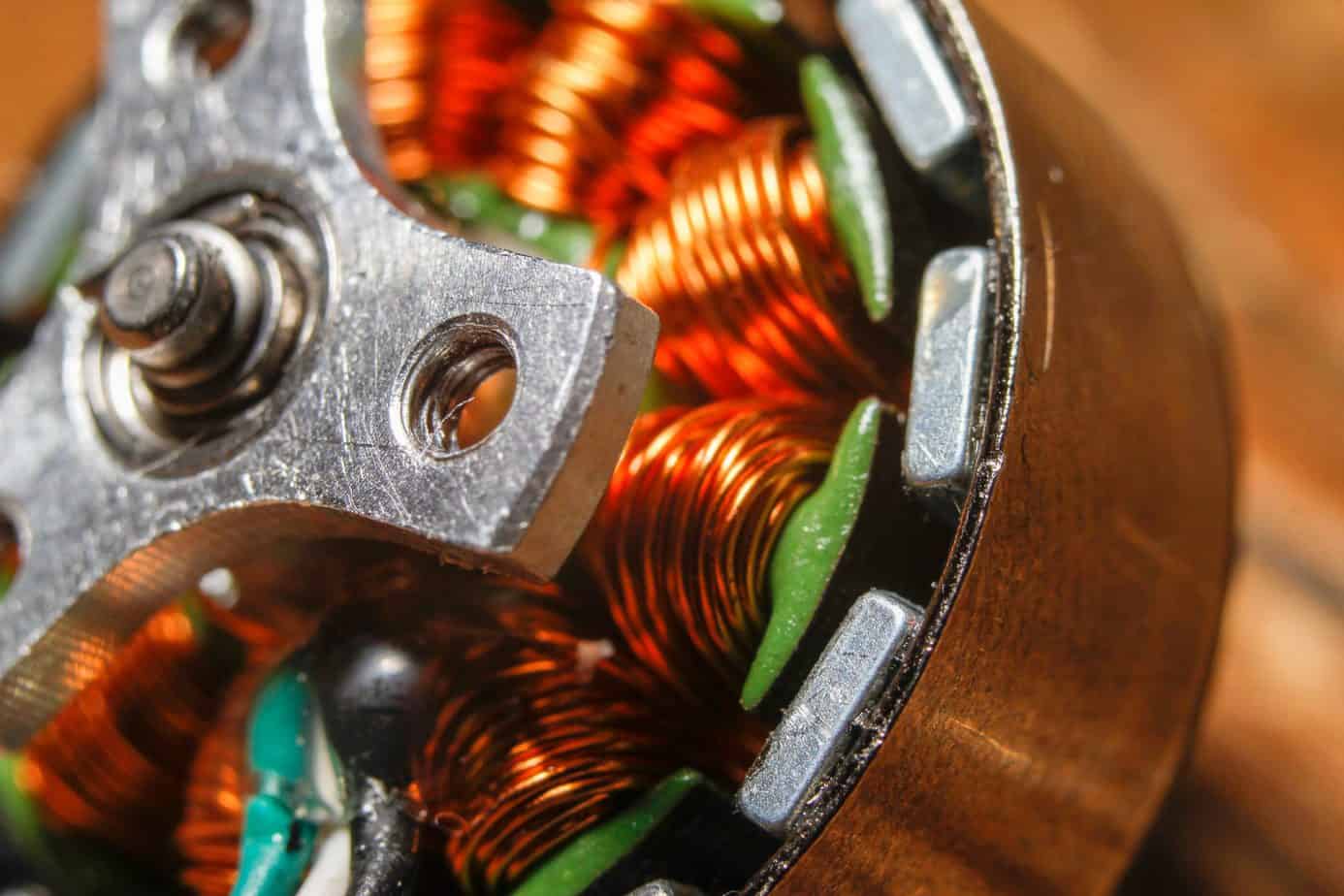Sustainable Motors: Eco-Friendly Engineering
Explore how innovative eco-friendly engineering is transforming the automotive industry with sustainable motor technologies.

Embracing Green Innovation
The automotive industry is undergoing a transformative shift towards sustainable practices. As environmental concerns grow, manufacturers are embracing green innovation to reduce their carbon footprint. This transition is not only about developing electric vehicles but also encompasses the entire lifecycle of a car, from production to recycling. Companies are investing in renewable energy sources to power their factories, and materials used in car manufacturing are increasingly being sourced sustainably. By integrating eco-friendly technologies and practices, the industry aims to mitigate the adverse environmental impacts traditionally associated with vehicle production and use.
The Rise of Electric Vehicles
Electric vehicles (EVs) are at the forefront of sustainable motors. By eliminating tailpipe emissions, EVs offer a cleaner alternative to traditional internal combustion engines. The shift towards electric mobility is supported by advancements in battery technology, which have significantly increased the range and efficiency of electric cars. Moreover, governments worldwide are incentivizing the adoption of EVs through subsidies and tax breaks, further accelerating their integration into mainstream markets. As infrastructure for charging stations expands, the practicality and appeal of electric vehicles continue to grow, paving the way for a greener future.
Hybrid Solutions: A Transitional Phase
While fully electric vehicles represent the ultimate goal, hybrid technology serves as a crucial transitional solution. Hybrids combine an internal combustion engine with an electric motor, offering improved fuel efficiency and reduced emissions. This technology allows consumers to experience the benefits of electrification without the range anxiety associated with pure electric vehicles. Hybrid systems capture and reuse energy that would otherwise be lost, enhancing overall vehicle efficiency. As the market for hybrids expands, they play a vital role in bridging the gap between traditional vehicles and a fully electrified automotive landscape.
Lightweight Materials for Efficiency
Reducing vehicle weight is a key strategy in enhancing fuel efficiency and reducing emissions. The use of lightweight materials such as aluminum, carbon fiber, and advanced composites has become prevalent in sustainable motor engineering. These materials offer the strength and durability required for safety while significantly reducing the vehicle's overall mass. Lighter cars require less energy to operate, leading to improved fuel economy and lower emissions. Manufacturers are continually exploring innovative materials and construction techniques to balance performance, safety, and sustainability.
Renewable Energy in Manufacturing
In the quest for sustainability, automakers are turning to renewable energy sources to power their manufacturing processes. Solar, wind, and hydroelectric power are increasingly being utilized to run factories, reducing reliance on fossil fuels. This shift not only decreases the carbon footprint of vehicle production but also sets a precedent for sustainable practices across other industries. By adopting clean energy solutions, manufacturers can significantly reduce greenhouse gas emissions and contribute to a more sustainable future. This commitment to green energy is an essential step in the journey towards fully sustainable motor production.
Recycling and Circular Economy
Sustainable motors are not only about creating eco-friendly vehicles but also about promoting a circular economy. This approach emphasizes recycling and reusing materials to minimize waste and reduce the environmental impact of vehicle disposal. Automakers are developing strategies to recover and recycle components such as batteries, metals, and plastics. By designing vehicles with end-of-life considerations, manufacturers can ensure that valuable resources are reused, and waste is minimized. This holistic approach is crucial for achieving long-term sustainability in the automotive industry.
The Role of Smart Technology
Smart technology is revolutionizing the way vehicles operate, contributing to sustainability in numerous ways. Advanced driver-assistance systems (ADAS) enhance safety and efficiency by optimizing driving patterns and reducing fuel consumption. Additionally, connected car technology allows for real-time monitoring of vehicle performance, enabling proactive maintenance and reducing environmental impact. Innovations such as autonomous driving hold the potential to further enhance efficiency by optimizing traffic flow and reducing congestion. As technology continues to evolve, it plays a pivotal role in shaping a more sustainable future for the automotive industry.
Consumer Awareness and Demand
The push towards sustainable motors is also driven by growing consumer awareness and demand for eco-friendly options. As environmental consciousness rises, consumers are increasingly prioritizing sustainability in their purchasing decisions. This shift in consumer behavior is encouraging automakers to invest in green technologies and develop vehicles that align with these values. Marketing strategies are evolving to highlight the environmental benefits of sustainable motors, further influencing consumer preferences. By meeting the demand for eco-friendly vehicles, the automotive industry can drive positive change and contribute to a more sustainable future.